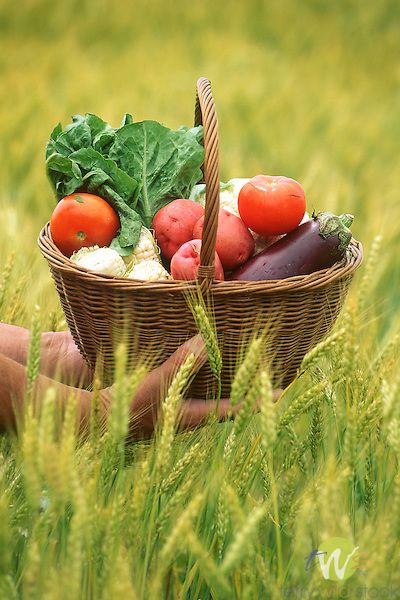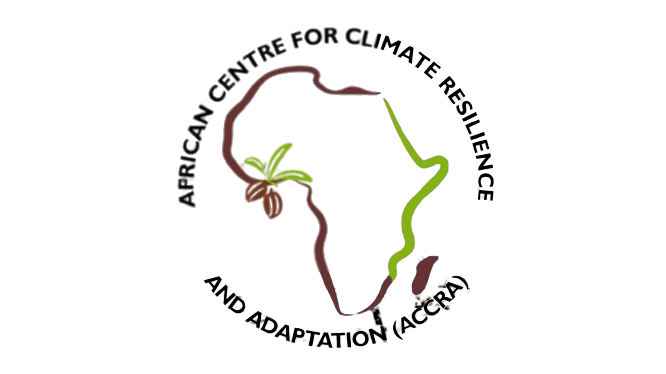Overview
The global impact of climate change and natural hazards has been worsening in the last few decades, and more specifically in Africa. Extreme weather events in Africa are expected to become
widespread and severe, with reduced food production and economic growth, increased inequality and poverty, biodiversity loss, and increased human morbidity and mortality. Add up.
widespread and severe, with reduced food production and economic growth, increased inequality and poverty, biodiversity loss, and increased human morbidity and mortality. Add up.
About Us
The African Centre for Climate Resilience and Adaptation (ACCRA) was established in 2023 with the mission to support African countries to enhance their capacity and resilience to climate change in a proactive and sustainable manner. We also promote sustainable agriculture and enhancing food security across the continent.
Our Mission
To contribute to mitigating the negative impacts of climate disasters on the economies of countries, communities and rural dwellers, especially small-scale farmers in Africa, and thereby reducing loss of lives and livelihoods on the continent. We also contribute to the long-term protection of agricultural investments that enhance food and nutrition security across the continent.
Our Vision
To see all African countries prepared for climate related disaster eventualities in an ex-ante, rather than ex-poste manner.
Special Listing

The agricultural sector employs about 60% of the population in
Africa and accounts for at least 30% of Gross Domestic Products
(GDP) in most countries. The continent is adversely impacted by
climate hazards. Whilst farming is negatively impacted by climate
change, the sector also contributes to greenhouse gas emissions.
The sector is made up of mainly smallholder farmers who rely on
rainfed farming and are highly vulnerable to climate related events,
such as droughts, floods and tropical cyclones.




